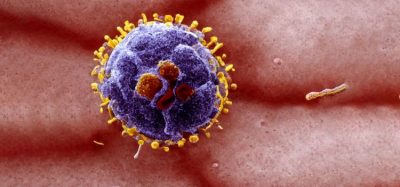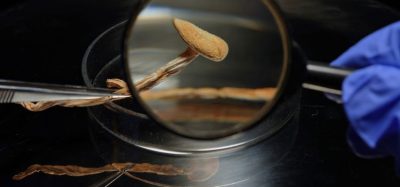Canada clinical trial on personalised medicine for prostate cancer
Posted: 28 November 2018 | European Pharmaceutical Review | No comments yet
A clinical trial could be the world’s first to look at personalised medicine in prostate cancer, with patients taking a therapy based on their DNA markers…


A new clinical trial, opening across Canada, is considered a major advancement in precision medicine for prostate cancer and thought to be the first of its kind in the world. The IND.234 clinical trial, conducted by the Canadian Cancer Trials Group (CCTG), will use liquid biopsy technology to screen for genomic markers in prostate cancer patients.
After the liquid biopsy analysis, patients with specific DNA markers are assigned to one of five new therapies targeted at their unique form of prostate cancer. Researchers want to see if the markers identified in the screening process can help predict which patients will be helped the most by the targeted treatments.
“There is an urgent need to find more effective therapies for men with advanced prostate cancer and an individual’s cancer is unique, so a one-size-fits-all solution may not be the best,” says Dr Kim Chi, Medical Oncologist, and Medical Director at BC Cancer who is leading the trial. “We want to identify men whose cancers will have the best chance to respond to the experimental new drug therapies we are testing in this trial.”
Jim, a trial participant, shares his experience: “When I was first diagnosed with prostate cancer, I understood that this type of cancer was not good. I was offered the chance to receive a new potential treatment and I was willing to try anything that might make a difference. They sent my blood to be tested in BC and then I was enrolled, it was simple. Now I take my new treatment pills and track any side effects.”
Although tumour samples taken at diagnosis can be tested for DNA markers, in order to provide current genomic information patients would need an additional invasive biopsy. Using a liquid biopsy to provide the updated information could remove the need for surgery.
“The technology and computation required to study a person’s cancer using only a blood sample is very novel and experimental. This team has helped lead the charge for liquid biopsies to be part of prostate cancer clinical research,” says Dr Alexander Wyatt who is leading the DNA analysis and is a Senior Research Scientist at the Vancouver Prostate Centre and the Vancouver Coastal Health Research Institute. “Few other research studies in the world are able to draw upon this combination of advanced prostate cancer focus and liquid biopsy tools.”
Related topics
Clinical Trials, Drug Development, Personalised medicine, Research & Development (R&D)
Related organisations
BC Cancer, Canadian Cancer Trials Group (CCTG), Vancouver Coastal Health Research Institute, Vancouver Prostate Centre









